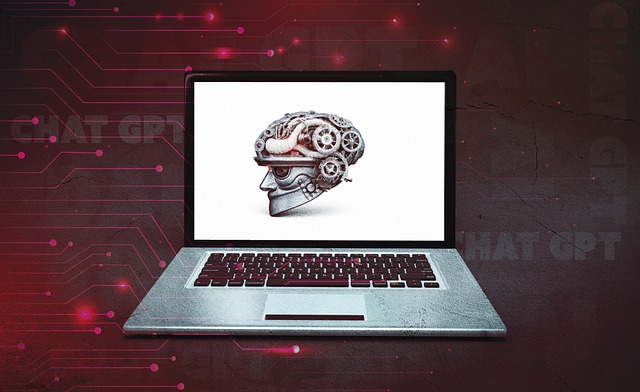Section 1: Introduction to AI Technology and its Impact on Business Efficiency
Artificial Intelligence (AI) has emerged as a revolutionary technology that is transforming the way businesses operate. With its ability to analyze vast amounts of data, make predictions, and automate tasks, AI has become an essential tool for businesses looking to improve efficiency and productivity. According to a report by McKinsey, AI has the potential to create an additional $13 trillion in global economic activity by 2030. In this article, we will delve into the various ways AI is transforming business efficiency and the key benefits it offers.
Section 2: Streamlining Processes and Decision Making with AI
One of the primary ways AI is transforming business efficiency is by streamlining processes and decision making. AI-powered tools and software can analyze large amounts of data in a fraction of the time it would take a human, making it possible to make data-driven decisions faster and more accurately. This is particularly useful in industries such as finance, where decisions need to be made quickly and with precision. For example, AI-powered algorithms can analyze market trends and make investment decisions in real-time, without the need for human intervention. This not only saves time but also reduces the risk of human error.
Furthermore, AI can also automate repetitive tasks, freeing up employees to focus on more complex and high-value work. This not only improves efficiency but also boosts employee satisfaction and allows businesses to utilize their workforce more effectively. For instance, AI-powered chatbots can handle customer queries and complaints, reducing the workload of customer service representatives and allowing them to focus on more critical tasks. This not only improves efficiency but also enhances the customer experience, leading to increased customer satisfaction and loyalty.
Section 3: Enhancing Customer Engagement and Personalization
AI is also transforming business efficiency by enhancing customer engagement and personalization. With the help of AI-powered tools, businesses can collect and analyze customer data to gain insights into their preferences, behavior, and needs. This allows businesses to tailor their products, services, and marketing strategies to meet the specific needs of their customers, leading to increased customer satisfaction and loyalty.
Moreover, AI-powered chatbots and virtual assistants are also revolutionizing customer engagement. These tools can provide 24/7 customer support, handle routine inquiries, and even make personalized product recommendations based on customer data. This not only improves efficiency by reducing the workload of customer service representatives but also provides a seamless and personalized experience for customers, leading to increased customer retention and loyalty.
Additionally, AI-powered tools can also assist businesses in predicting customer behavior and identifying potential churn. By analyzing customer data, AI can identify patterns and trends that indicate a customer is likely to leave, allowing businesses to take proactive measures to retain them. This not only improves efficiency by reducing customer churn but also saves businesses the cost of acquiring new customers.
Section 4: Boosting Sales and Revenue with AI
AI is also transforming business efficiency by boosting sales and revenue. With its ability to analyze customer data and predict behavior, AI can help businesses identify potential leads and target them with personalized marketing campaigns. This not only saves time and resources but also increases the chances of converting leads into customers. Moreover, AI can also assist in pricing optimization by analyzing market trends and customer data to determine the optimal price for a product or service. This not only improves efficiency but also maximizes revenue for businesses.
Furthermore, AI-powered tools can also assist businesses in inventory management and supply chain optimization. By analyzing data such as sales trends, customer demand, and supplier performance, AI can help businesses optimize their inventory levels and ensure timely delivery of products. This not only improves efficiency but also reduces the risk of overstocking or stock shortages, leading to cost savings for businesses.
Section 5: Conclusion
In conclusion, AI technology is transforming business efficiency in numerous ways. From streamlining processes and decision making to enhancing customer engagement and boosting sales, AI is revolutionizing the way businesses operate. By leveraging the power of AI, businesses can improve efficiency, increase productivity, and ultimately, drive growth and success. As AI technology continues to advance, its impact on business will only continue to grow, making it essential for businesses to embrace this revolutionary technology to stay competitive in today’s fast-paced business landscape.









